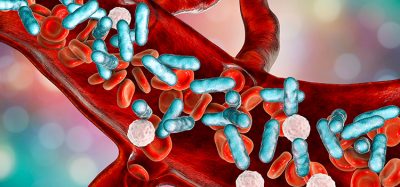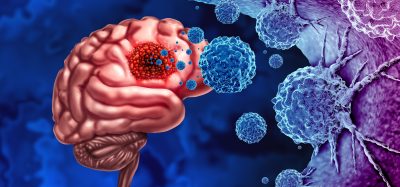CBD shown to kill Gram-negative bacteria in pre-clinical studies
Posted: 20 January 2021 | Victoria Rees (Drug Target Review) | No comments yet
Researchers have shown that CBD can kill Gram-negative bacteria, which could lead to the first new class of antibiotics for resistant bacteria in 60 years.


Synthetic cannabidiol (CBD) has been shown for the first time to kill the bacteria responsible for gonorrhoea, meningitis and legionnaires disease. The study was a collaboration between the University of Queensland, Australia, and Botanix Pharmaceuticals Limited. The team say that this discovery could lead to the first new class of antibiotics for resistant bacteria in 60 years.
According to the researchers, CBD – the main non-psychoactive component of cannabis – can penetrate and kill a wide range of bacteria including Neisseria gonorrhoeae, which causes gonorrhoea.
“This is the first time CBD has been shown to kill some types of Gram-negative bacteria. These bacteria have an extra outer membrane, an additional line of defence that makes it harder for antibiotics to penetrate,” said Dr Mark Blaskovich, one of the study’s researchers.
The study also showed that CBD was widely effective against a much larger number of Gram-positive bacteria than previously known, including antibiotic-resistant pathogens such as methicillin-resistant Staphylococcus aureus (MRSA).
The team found that CBD could effectively down biofilms, which help bacteria such as MRSA survive antibiotic treatments. They mimicked a two week patient treatment in laboratory models to see how fast the bacteria mutated to evade CBD’s killing power.
“CBD showed a low tendency to cause resistance in bacteria even when we sped up potential development by increasing concentrations of the antibiotic during ‘treatment’. We think that CBD kills bacteria by bursting their outer cell membranes, but we do not know yet exactly how it does that and need to do further research,” said Blaskovich.
The research team also discovered that chemical analogues – created by slightly changing CBD’s molecular structure – were also active against the bacteria.
“This is particularly exciting because there have been no new molecular classes of antibiotics for Gram-negative infections discovered and approved since the 1960s and we can now consider designing new analogues of CBD within improved properties,” said Blaskovich.
The researchers have developed a topical CBD formulation for clinical trials to study the decolonisation of MRSA before surgery.
“Now we have established that CBD is effective against these Gram-negative bacteria, we are looking at its mode of action, improving its activity and finding other similar molecules to open up the way for a new class of antibiotics,” concluded Blaskovich.
The study was published in Communications Biology.
Related topics
Antibiotics, Antimicrobials, Cannabinoids, Drug Development, Medical Marijuana, Microbiology, Research & Development
Related conditions
Gonorrhoea, legionnaires disease., Meningitis
Related organisations
Botanix Pharmaceuticals Limited, Queensland University
Related people
Dr Mark Blaskovich








